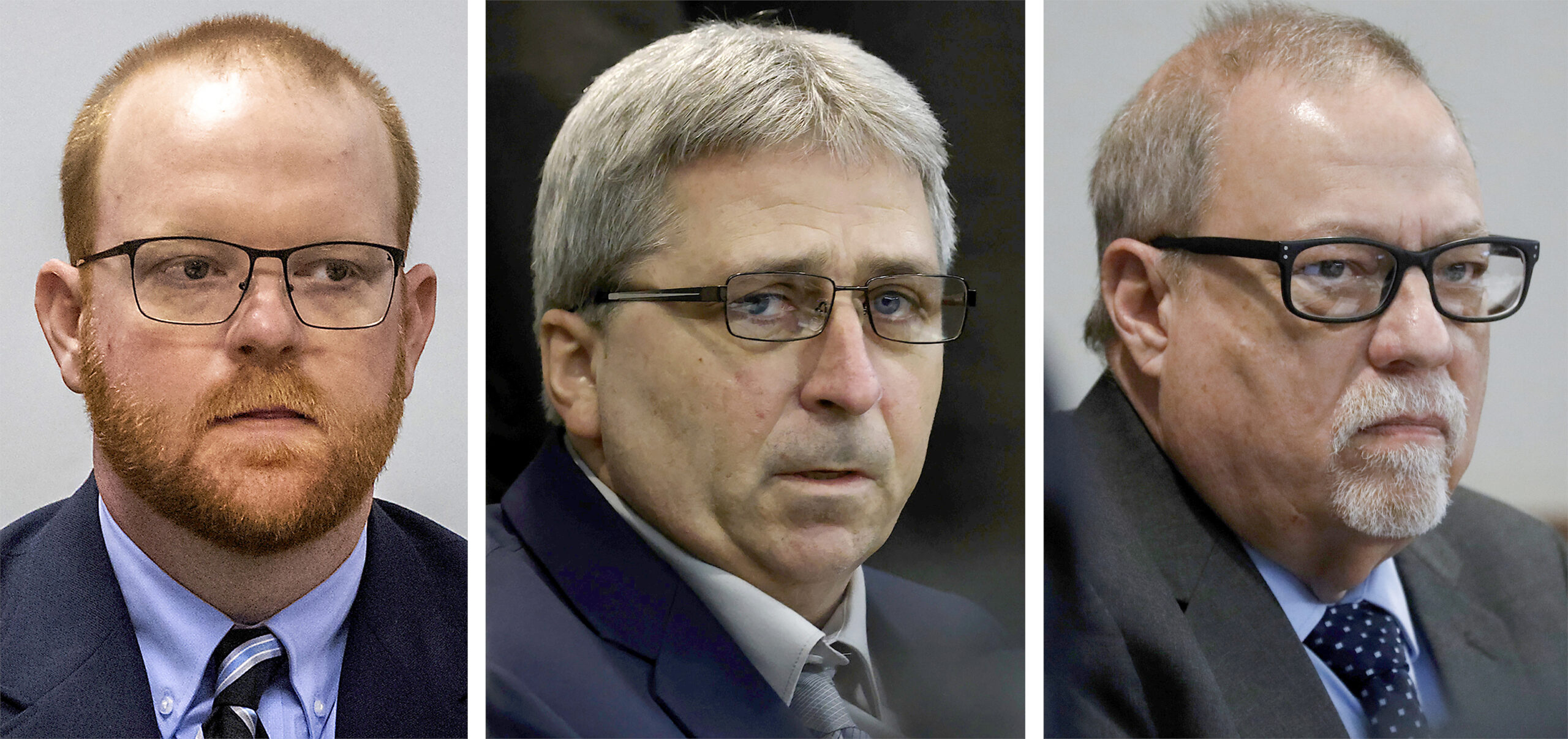Employers Seek Ebola Advice
After several recent U.S. Ebola cases, a number of businesses are trying to figure out how to keep workers safe and to make sure they don’t get sued if a case pops up in their office. WABE’s Michelle Wirth reports on two law firms with Atlanta offices who are giving companies advice on Ebola.
Eric Berezin, a shareholder at Ogletree Deakins says his firm kept getting the same questions from employers about Ebola things like: how do you keep workers safe, and what to do about international travel? So his law firm, formed an Ebola Rapid Response Team to answer those questions.
“You have to understand the facts of every situation, you have to appreciate the potential risks that may be present when they return to the United States, what the CDC guidelines might be, where they’re working, are these employees coming into the workplace, are they telecommuting, are they working from home.
Berezin says his firm considers a several things when giving businesses guidance such as federal laws and guidelines from the CDC. And he says it’s not just hospitals looking for advice.
“The airline industry is concerned about this, particularly with folks responsible for cleaning the airplanes after it lands. We’re seeing white collar industries, insurance and other industries, where people may travel and come back to the U.S.” Ed Foulke is a partner with Fisher & Phillips. His firm has also been advising employers on Ebola. Folk says specifically businesses need to consider the Occupational Safety and Health Act when making Ebola-related decisions.
“Are you exposing your employees to a health hazard?”
And he says businesses could potentially be sued under the Americans with Disabilities Act if they ask an employee questions about their health or tell them to see a doctor. In a lawsuit, companies would have to prove they were acting due to a business necessity or the employee posed a threat to others. But Foulke says employers shouldn’t panic.
“It’s not developed into any kind of a pandemic type of situation or national health crisis here, so obviously there’s some concerns. Employers need to take it seriously. They need to prepare, and also continue to monitor the CDC website as to the advice they’re putting out.”
For now, The CDC has only issued Ebola guidelines for a few occupations, including healthcare workers, airline employees. The Federal agency says funeral workers, first responders and transportation workers may also be at risk.
9(MDAxODM0MDY4MDEyMTY4NDA3MzI3YjkzMw004))








